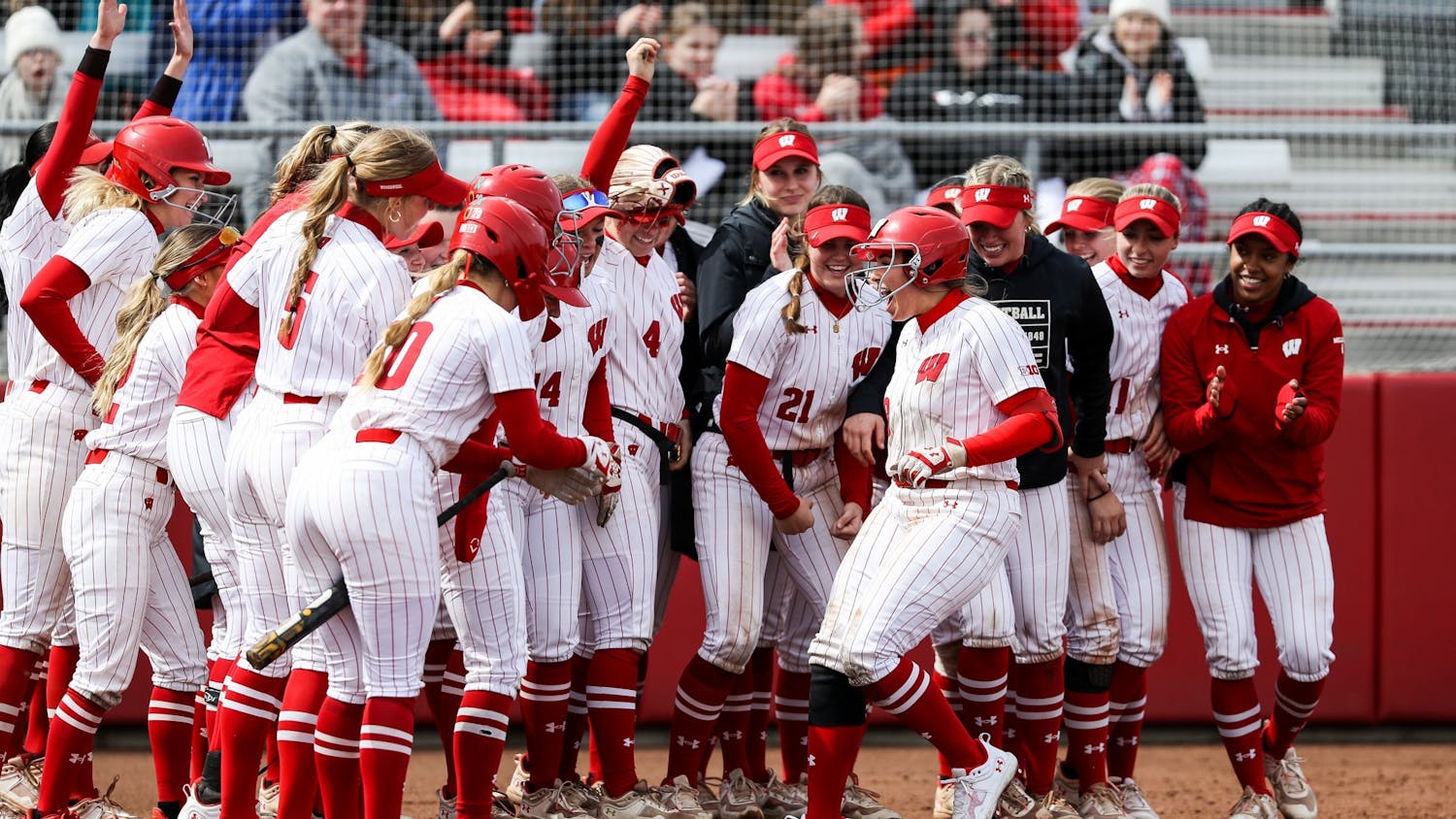Being a coach requires a combination of a multitude of different assets. A culmination of poise, energy, dedication and intuitive knowledge can help define and create great coaching. Still, of the many assets that can be embodied by a coach, none are as important as experience.
If you look at almost any winning coach, at any level, they have learned to fail before they learned to succeed. They have experienced ups and downs, and their years of coaching have helped establish their legacy. Coach Mike Krzyzewski of Duke University coached for many years before solidifying himself as an all-time great in college basketball. Seattle Seahawks’ coach Pete Carroll failed in the NFL, only to return years later to win a Super Bowl. Even Geno Auriemma, the University of Connecticut coach who has already solidified himself as the most decorated coach in women’s basketball history, had a below .500 win percent in his first two years at UConn.
Each of these coaches are the sum of the cumulation of their experiences, and those experiences have been defining factors in their success in their respective sports. Accordingly, when the Badgers hired Jonathan Tsipis as their new head of the women’s basketball team, they understood his prior experience would be an invaluable asset to a struggling program.
Before being announced as the new head coach at UW on Wednesday, Tsipis spent his last four years as the head coach at George Washington University in our nation's capital. Tsipi finished with a combined 92-38 record in his tenure with the Colonials.
Four years ago, Bobbie Kelsey, the previous Wisconsin head coach, who was recently fired early in March after posting a 7-22 record in her final season, came to the program with no head coaching experience. Even though Kelsey found a lot of success as an assistant coach with Stanford, Virginia Tech, Western Carolina, Evansville, Florida and Boise State, she had no experience being the head of a college team. Even though being an assistant coach is a natural stepping stone to acquiring a head coaching position, Kelsey’s lack of head coaching experience ultimately hindered her success at UW, as the program recorded a combined 47-100 record in her six seasons.
Tsipis, who has already accumulated the head coaching experience that Kelsey never had, demonstrated the importance of gaining experience and learning from it in each subsequent year at George Washington. One of Tsipis’ defining characteristics with the Colonials was his ability to show improvement from season to season. In his first year as a head coach, Tsipis’s team recorded a dismal 14-16 record and tied for seventh place in the Atlantic-10 conference. The next year, however, Tsipis already started to show tremendous improvement, as his team went 23-11 and tied for second in the conference. Accordingly, in his last two years as the head of the Colonials, Tsipis demonstrated similar improvement, winning the Atlantic-10 and making the tournament in both years (something Kelsey never accomplished, and that the Badgers have not done since 2010), with 29-4 and 26-7 records, respectively.
Kelsey, on the other hand, could not demonstrate a similar ability to improve over her tenure at UW. Kelsey recorded a 11-20 record in her first year, and her best record in any of her next four years was only one game better, at 12-19.
Even though Tsipis’ experience and his ability to improve highlighted the major differences between the two coaches in terms of their results, the differences extend further into the product and style that the coaches helped create on the court. This season, Tsipis’ Colonials found a significant portion of their offense through ball movement. George Washington averaged 16 assists per game, putting them in the top 30 in the country in that category. Kelsey’s Badgers, conversely, averaged only 12 assists per game, nowhere near the mark set by their new head coach.
Tsipis’ experience, ability to improve and his ball movement offense could help him succeed in his new job in the long run. Still, despite the overall, long-term goal of creating a consistent program at Wisconsin, he is more importantly in a position to succeed immediately, despite the Badgers losing four of last year’s starters. In Tsipis’ best year at George Washington, his starting lineup consisted of a mixture of veterans and young talent. Specifically, his starters included a senior, a junior and three sophomores.
Fortunately for Tsipis, next year's Badger team will have a similar composition. Senior (next season) forward Avyanna Young will be the lone starter to return to next year's team. Young, senior forward Malayna Johnson (who sat out last season with an ACL injury), and junior guard Cayla McMorris will highlight the veteran portion of next year's team. Still, even with three more seasoned players, next year’s roster will include contributions from young, developing talent. Sophomore transfer guard Ashley Kelsick, redshirt sophomore Roichelle Marble and sophomore forward Marsha Howard will likely be given an opportunity to play significant minutes under Tsipis. Not only does Tsipis have a young arsenal to utilize from last years roster, but the Badgers are also adding a strong recruiting class, with many freshman likely eager to contribute.
Accordingly, Tsipis will look to make his mark on the Wisconsin program immediately. Tsipis is eager to instill a standard of success that many of these players have never experienced in their college careers. Whether through new tactics recruiting, different practice schematics or in-game adjustments, Tsipis will use his experience and his ability to learn and improve to help this Badger program blossom after its recent drought.






